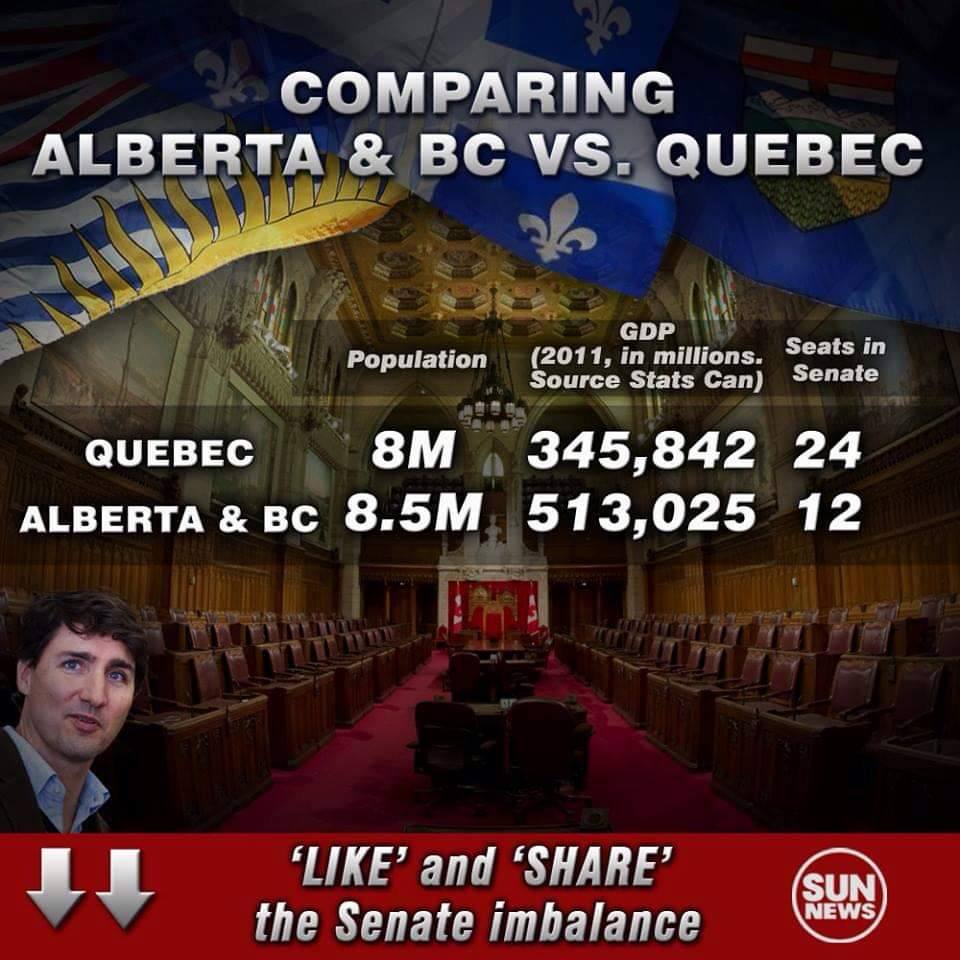Originally posted by chuckChuck
View Post
the more alberta makes , the more quebec takes?
wtf is wrong with your head
alberta has lost the oil patch and is still paying those freeloading bastards, and so are we
every year chuck , EVERY ****ING YEAR SINCE INCEPTION , THEY HAVE BEEN SLOPPING AT THE TROUGH

Comment